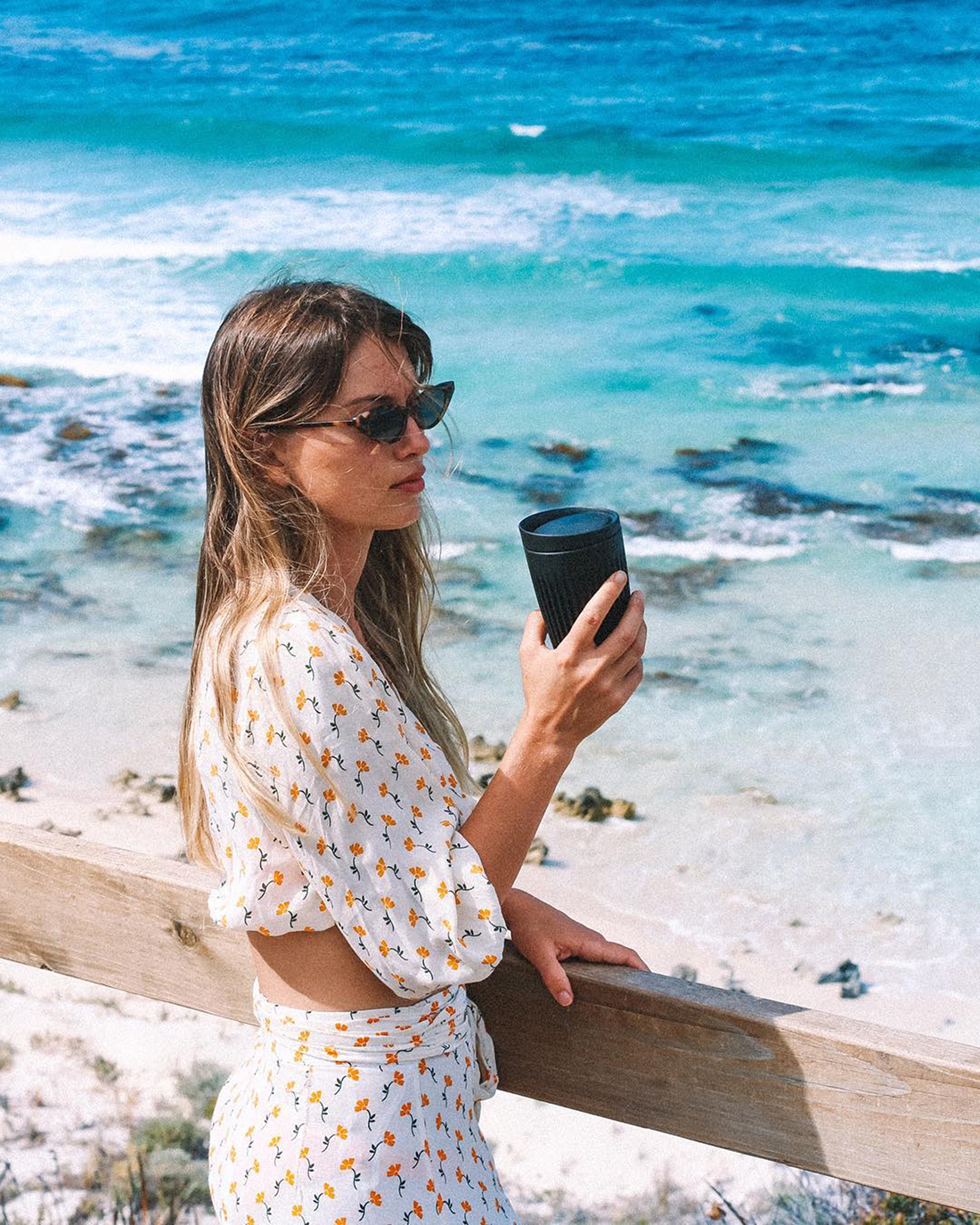
Author: Karli Florisson
Published: April 29, 2019
Plastic has some great qualities – it is durable, lightweight, and flexible, and can be produced for a relatively low cost. But there is a long-term cost to our fascination with plastic.
It is a product that lasts for thousands of years, and according to the Department of Environment and Energy, only 14% of the plastic that we use in Australia is recycled. That leaves a lot of plastic to go to landfill, or even worse, into our waterways or oceans. Worldwide, about 8 million tons of plastic end up in the ocean every year, causing harm to fish and other sea creatures. There are several areas in the ocean where the plastic collects in large floating plastic ‘islands’. One of these is the size of Texas! It is estimated that by 2050, there will be more plastic by weight than fish in the sea.
We’ve probably all seen the harm that plastic can cause to animals and birds who eat or get stuck in it. Plastic also harms people – toxic chemicals can leach from it, ending up in our food chain and water supplies. These chemicals cause long-term harm to our health. Despite increasing awareness, our plastic use is only continuing to increase. It’s easy to feel quite overwhelmed by the amount of plastic we use, but there are some small and easy changes that you can make that have a big impact. Let’s give single-use plastic the flick.
Get some good reusable shopping bags, and keep them in your car or your bag. You can even buy lightweight reusable bags for fruit and veggies, so you don’t have to use plastic produce bags for your apples and potatoes.
Australians use an estimated 10 million straws a day. Is it really necessary to drink out of a straw? If you are in a restaurant, bar, or café, make sure you specify that you don’t want a straw before they make your drink. And if you really can’t live without them, you can buy reusable stainless steel straws from our good friends at s’juice.
Amazingly, some major supermarkets try to sell fruit and veggies that are already naturally packaged in their own peel – covered in additional plastic wrap! This is a really good reason to shop at independent grocers like BJ’s Fruit & Veg, where minimal plastic packaging is used. If enough of us send a message to the big retailers by refusing to buy their plastic wrapped goods, then they will have to change their policies.
Get a great reusable coffee cup, and keep it somewhere convenient so that you won’t forget to take it when you are going for a takeaway coffee. Don’t forget to take your own cup when you’re getting a takeaway juice or smoothie as well.
Make your own rather than buying processed goods. Frozen meals, packaged biscuits and treats, and many other packaged items in the supermarket have single-use packaging galore. Make your dinner from scratch, whip up a batch of homemade cookies, and amaze your friends while also saving money and the environment.
You can get reusable beeswax wraps at a very affordable price to replace plastic wrap, or use a reusable container to store your leftovers. For school lunches, greaseproof paper also makes a good substitute for plastic wrap.
Do you really need half a dozen different cleaning products, each in their own single-use plastic container? Cleaning your house can be as simple as a good microfibre cloth and some bicarb soda and vinegar.
Get a good reusable water bottle instead. Australians buy more than 118,000 tonnes of plastic drink bottles each year. Less than 40% of these are recycled. That’s a lot of plastic needlessly ending up in landfill, when we could save money by refilling a classy drink bottle.
Photography credit: @self__service__